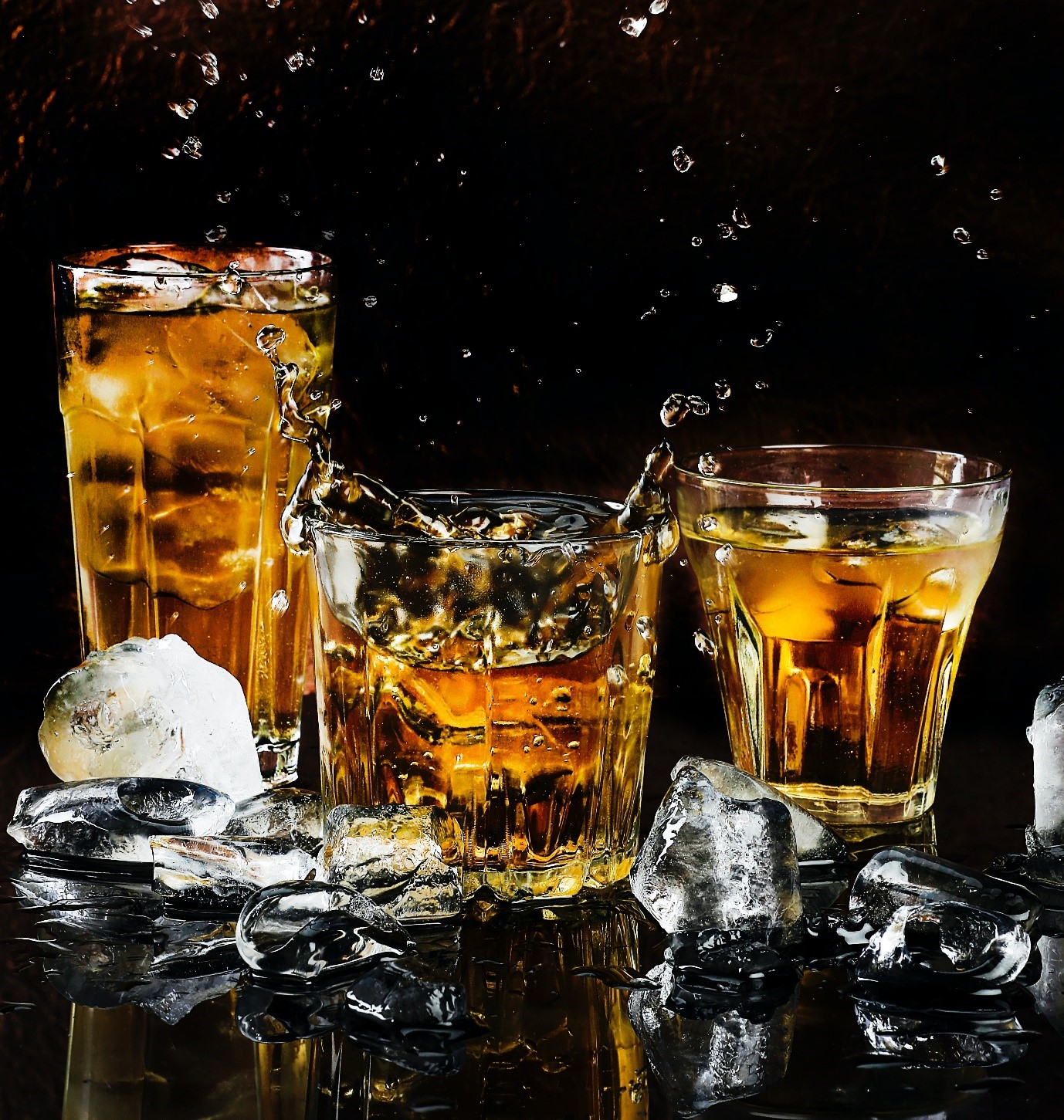Alcohol-free beverages and opportunities for UK distilleries
14-Apr-2023
The demand for alcohol-free beverages is on the rise, and this includes alcohol-free whiskey and liquors. There are several reasons why alcohol-free beverages are becoming a trend, and in this blog post, we will explore some of the key factors driving this growth. We will also focus on how the United Kingdom's distilleries can benefit from this trend.
Reasons for the Growth of Alcohol-Free Beverages
Health Benefits: Alcohol-free beverages offer several health benefits, such as reduced risk of liver disease, cancer, and other health problems associated with excessive alcohol consumption. They also tend to be lower in calories, making them a healthier option for individuals looking to manage their weight.
Social Acceptability: In recent years, there has been a shift in social norms towards moderation and sobriety. Many consumers are opting for alcohol-free beverages as a way to socialize without the negative effects of alcohol.
Increased Variety: The beverage industry has responded to the demand for alcohol-free options by offering a wider variety of flavors and types of alcohol-free beverages, such as non-alcoholic beer, wine, and cocktails.
Benefits of Alcohol-Free Beverages
Reduced Risk of Health Problems: As mentioned earlier, alcohol-free beverages can reduce the risk of health problems associated with excessive alcohol consumption, such as liver disease and cancer.
Improved Hydration: Alcohol-free beverages can help improve hydration, which is important for overall health and well-being.
Safe for Pregnancy and Breastfeeding: Alcohol-free beverages are safe for pregnant women and breastfeeding mothers, making them a great alternative to alcoholic drinks.
Lower Calorie Intake: Alcohol-free beverages tend to be lower in calories than their alcoholic counterparts, making them a great option for individuals looking to manage their weight.
Growth Prospects of Alcohol-Free Beverages
The growth prospects of alcohol-free beverages are promising, as more consumers become aware of the benefits of moderation and sobriety. According to a report by Global Market Insights, the global non-alcoholic beverage market size was valued at USD 1.3 trillion in 2020 and is expected to grow at a CAGR of 7.5% from 2021 to 2027.
Main Beverage Production Regions for Alcohol-Free Beverages
Europe: Europe is one of the leading regions for alcohol-free beverages, with a growing demand for non-alcoholic beer and wine. According to a report by Mintel, sales of non-alcoholic beer in the UK grew by 39% in 2019, and sales of non-alcoholic wine in France grew by 60% in 2020.
North America: The North American market for alcohol-free beverages is also growing, with a focus on craft beer and cocktails. According to a report by Nielsen, sales of non-alcoholic beer in the US grew by 38% in 2020.
Asia Pacific: The Asia Pacific region is a growing market for alcohol-free beverages, with a focus on health and wellness. According to a report by Grand View Research, the Asia Pacific non-alcoholic beverage market size was valued at USD 312.5 billion in 2020 and is expected to grow at a CAGR of 7.4% from 2021 to 2028.
Middle East and Africa: The Middle East and Africa region is a growing market for alcohol-free beverages, with a focus on traditional drinks such as tea and coffee. According to a report by Mordor Intelligence, the Middle East and Africa non-alcoholic beverage market size was valued at USD 76.98 billion in 2020 and is expected to grow at a CAGR of 6.4% from 2021 to 2026.
Opportunities for UK distilleries
UK distilleries can benefit from producing alcohol-free liquor and whiskies in several ways. Firstly, it can help them tap into a growing market for non-alcoholic beverages, which is expected to continue growing in the coming years. By offering alcohol-free alternatives, distilleries can cater to a wider range of customers who are looking for healthier and more responsible drinking options.
Secondly, producing alcohol-free liquor and whiskies can also help distilleries diversify their product range and expand their customer base. This can help them reduce their reliance on traditional alcoholic beverages and adapt to changing consumer preferences.
Thirdly, producing alcohol-free liquor and whiskies can also be a way for distilleries to innovate and differentiate themselves from their competitors. By developing unique and high-quality alcohol-free products, they can stand out in a crowded market and attract new customers.
Finally, producing alcohol-free liquor and whiskies can also be a way for distilleries to demonstrate their commitment to social responsibility and sustainability. By promoting moderation and sobriety, they can help reduce alcohol-related harm and promote a healthier drinking culture.
In conclusion, producing alcohol-free liquor and whiskies can bring several benefits for UK distilleries. It can help them tap into a growing market for non-alcoholic beverages, diversify their product range, innovate and differentiate themselves, and demonstrate their commitment to social responsibility and sustainability. As the trend for alcohol-free beverages continues to grow, UK distilleries have an opportunity to adapt and thrive in a changing market.

